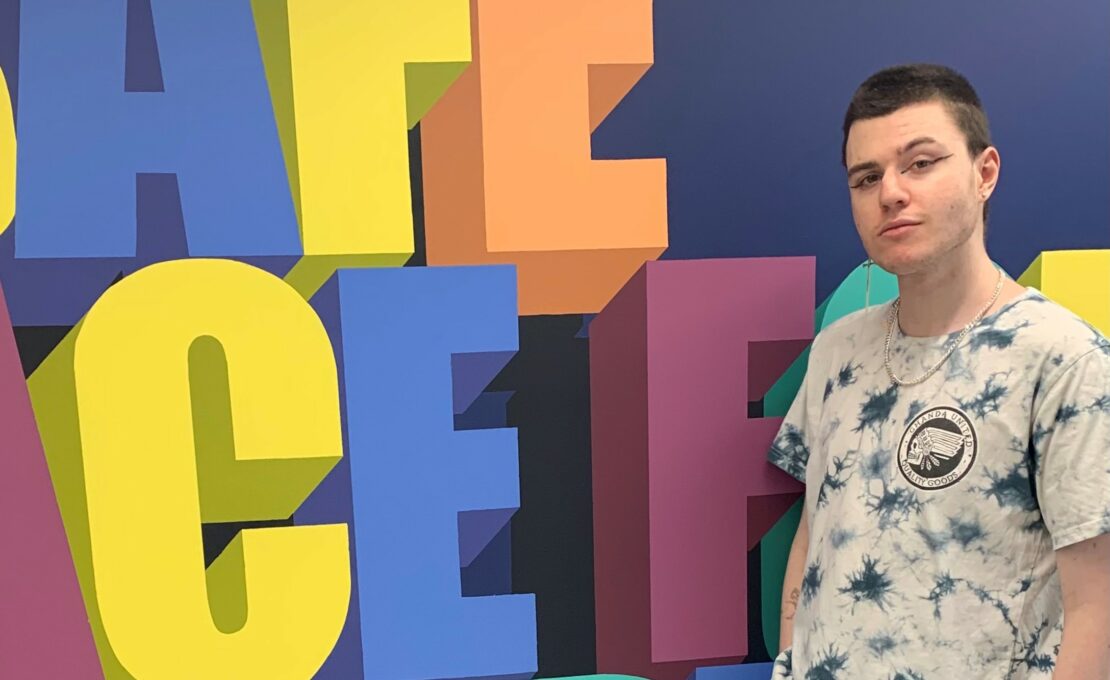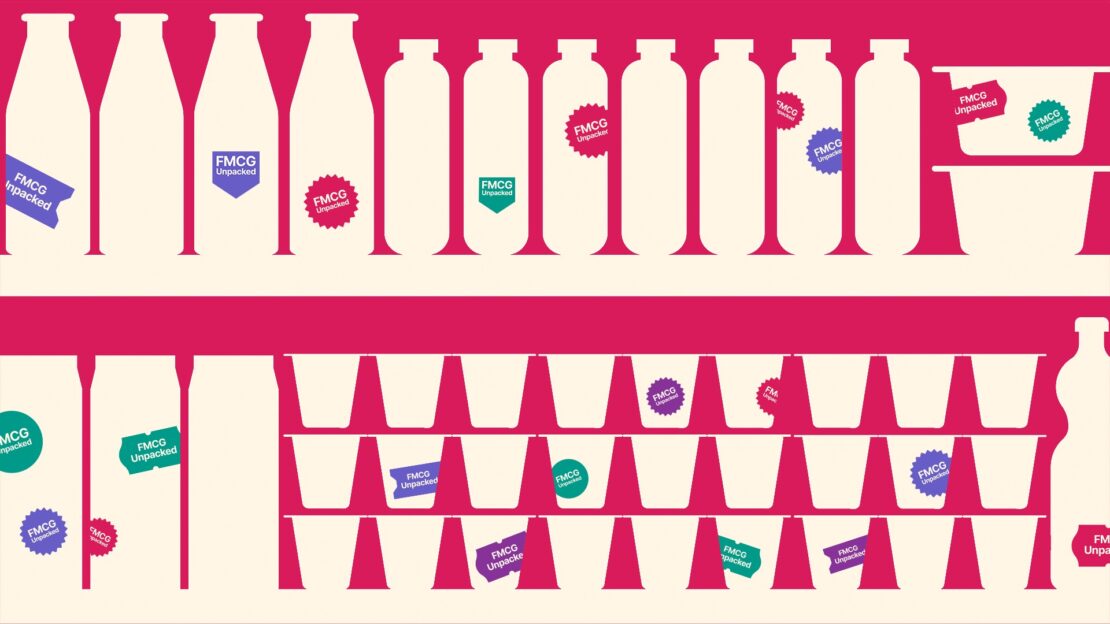Health Concerns: The public is flirting with virtual healthcare – what will it take to convince them?
Oktober 6th, 2023
The public is flirting with virtual healthcare – what will it take to convince them? Grayling’s Head of Health, Kathryn Ager, explores the latest developments.
While virtual health consultations existed well before COVID-19, like many other technologies that minimise the need for face to face interaction, their usage has soared over the past six months.
The Secretary of State for Health and Social Care, Matt Hancock, is a big fan. At the end of July he declared that all GP consultations should be ‘remote by default, unless a patient needs to be seen in person’. And there’s no doubt remote consultations provide many patient benefits such as convenience and efficiency, especially when it comes to routine appointments.
However, it seems there is still some way to go until the public fully embraces this new way of accessing healthcare. Just recently the Daily Mail reported that almost two thirds (65%) of people were either ‘very concerned’ or ‘quite concerned’ that telephone or video consultations were not as thorough as face to face appointments and might risk missing serious conditions.
Our own survey carried out this summer echoed that sentiment. We found that while more than a third (39%) of people were happy to access healthcare remotely for common conditions, this fell to just 12% for unusual signs and symptoms, such as a suspicious lump.
This pattern was repeated when it came to meeting hospital consultants (62% preferring face to face), getting blood test results (61%) and accessing physical therapies, such as speech therapy (53%). In contrast, people of all ages were generally more comfortable accessing sexual health services or treatment for stress related conditions such as insomnia, remotely.
While technology is less of a barrier than in the past it can still present challenges, particularly for older audiences, who represent the largest patient pool. Our survey found that 17% of people aged over 55 still do not feel confident enough to use remote technologies for their healthcare. And even younger audiences expressed concerns, albeit for different reasons, with just over a fifth (21%) of 16-24s saying they don’t trust apps to keep their data secure.
It’s likely that a hybrid model combining virtual with face to face will be the new normal. But will more need to be done to persuade people to place their trust in technology platforms which are evolving all the time? Previous Governments have shied away from pushing the technology and health agenda too hard. Several large-scale IT projects have been fraught with controversy and fatally damaged by data privacy campaigners.
However, with the advent of COVID-19 times have changed. In its first weekend of operation more than 10m people downloaded the new NHS Track and Trace app, evidence perhaps of a fundamental shift in attitudes. Only time will tell if COVID-19 has changed our view of technology and health for good. But if we do still need some final reassurance, there might never be a better time for a campaign that excites people about the potential and provides confidence through real life experiences to nudge people over the line.

